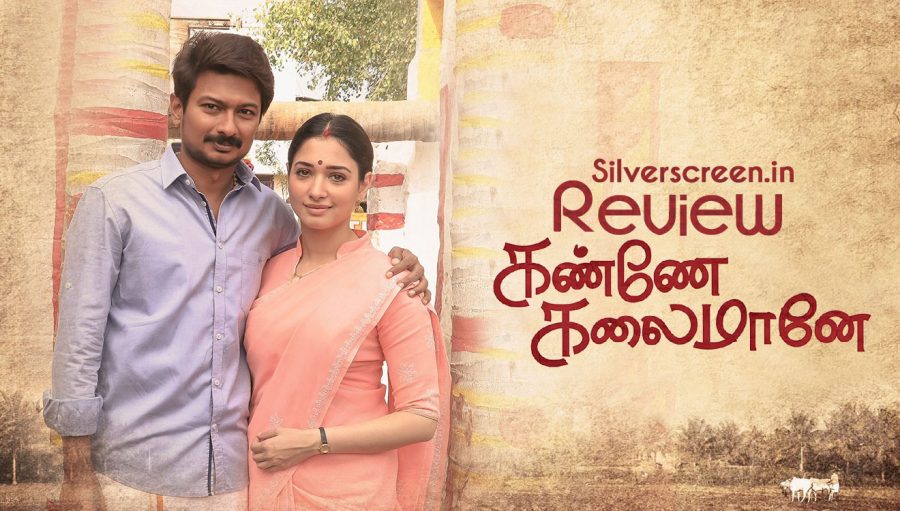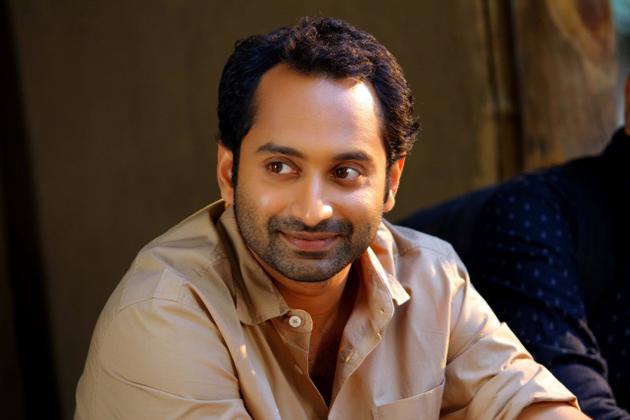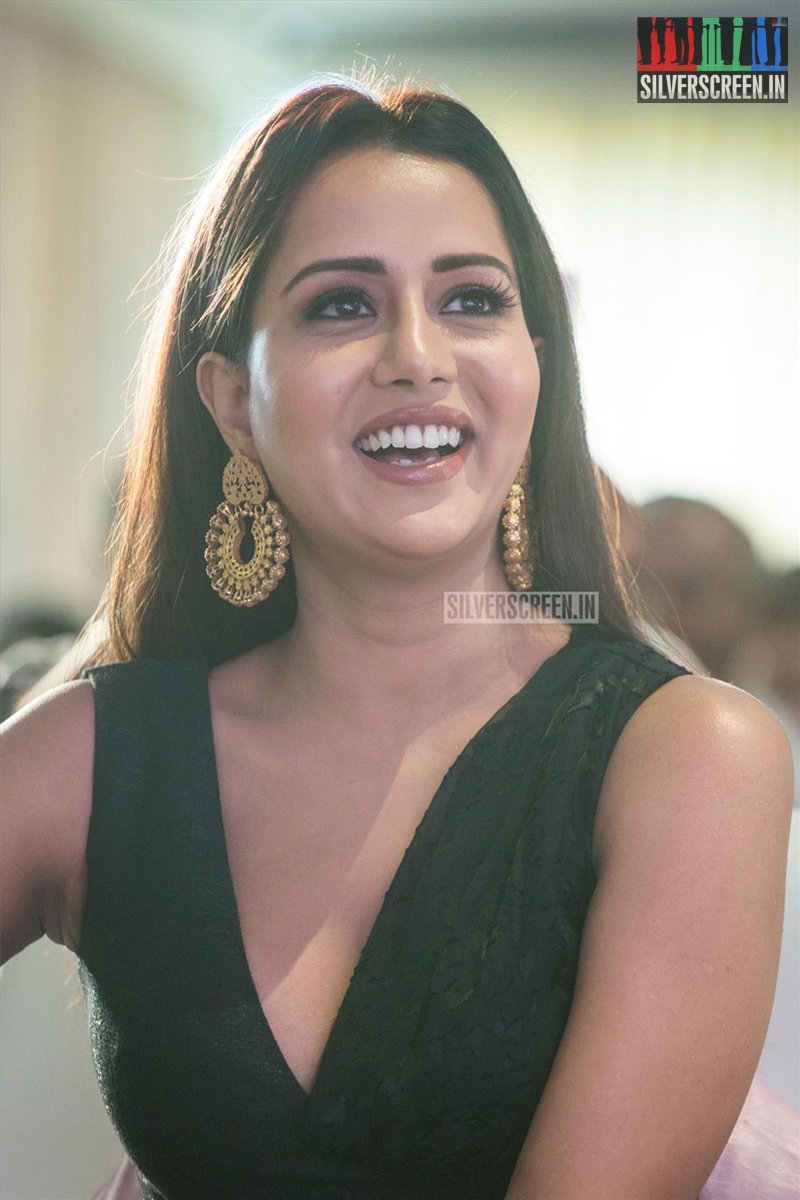Director: Seenu Ramasamy
Cast: Udhayanidhi Stalin, Tamannaah Bhatia, Vadivukkarasi
* May contain spoilers *
The romance in Kanne Kalaimane seems almost too simple and straightforward to be Seenu Ramasamy’s. He was, after all, the filmmaker whose 2012 drama, Neerparavai, had at its heart an elderly woman who ventures out to the shore every day in search of her husband presumed dead. Her tale – narrated in flashes of memory – is what Neerparavai roots itself in, set amidst an entirely convincing milieu: a community of fishermen that lives along and makes its livelihood off the sea. Four years later, in Dharma Durai, Ramasamy presented Vijay Sethupathi – who features in four out of his seven directorials – as the much-reviled brother in a positively feudal family. A doctor-turned-drunk, Sethupathi’s antics has his brothers baying for his blood, his troubled self harking back to a tragic romance. In the National Award winning Thenmaerku Paruvakaatru (2010) too, Ramasamy had woven his tale around a shepherd whose romance conflicts with that of the larger interests of his clan.
Kanne Kalaimane is relatively tame by those standards. There’s no outright tumult in the lead couple’s relationship – not at first, anyway. Tamannaah as Bharathi arrives in a rural land as the manager of a local bank while Udhayanidhi – his politics very much in place – is the good Samaritan who helps others in need. Soon, they fall in love – in the prelude to their romance, Bharathi, in all earnestness of a very serious banker, discusses with a female colleague the lack of ‘female friends’ in Kamalakannan’s social media profile as a desirable trait. It takes near to nothing for this romance to bloom, mostly some abject veneration of the male lead who, initially, is deliberately setup to be misunderstood.
In Dharma Durai and Kanne Kalaimane, Ramasamy tries to present the evolved man; he has his heroes question discriminatory social practices while letting the other characters that populate the films languish in the dark. In Dharma Durai, he victimises one of the female leads in the process even as Vijay Sethupathi is lent a new lease of life.
This time around, Ramasamy sets his film amidst the fields and its farmers, whose loans and lives threaten to overwhelm them. The revelation here though is Udhayanidhi; if in Manithan, he had subtly hinted at developing an identity that would be theatric and political at the same time, in Kanne Kalaimane, he openly flexes some political muscle on screen – there’s even a scene constructed around NEET and its evils that almost calls out to the government at the Centre and the State [“puriyavendiyavangalukku purinja seri”], a wedding sans the fuss and frills and ceremonial rigour, and an obvious take down of the priestly class. Udhayanidhi Stalin as Kamalakannan is much adored among his people; there’s no distinct class division between him and the other townsfolk; it’s there in the subtext if you cared to listen – stray references to his family being land owners and employers; it doesn’t quite come from him though. Kannan procures loans under his name for the village folk, fights the establishment for them, launches into fiery speeches about the use of chemical fertilisers, and doesn’t put a toe out of the line over his family’s diktat. All through Kanne… he’s seen emphasising the dire need to be human, a manithan; it perhaps wouldn’t be surprising if Udhayanidhi is later bestowed with a screen title that describes him such. After all, it was Ramasamy who had christened Vijay Sethupathi ‘Makkal Selvan’ [Man of the Masses], and Sethupathi certainly seems to be living up to the name.
Recommended
In Kanne…, Ramasamy’s leads evolve more as the film progresses; he has Bharathi set the tone and conditions for her wedding right down to splitting expenses, plants Kannan firmly behind her even in the face of familial opposition, is vocal about a woman’s right to choose – a more gender-specific improvisation on the Self Respect Movement if you would. It’s all there on screen – Stalin sharing in on the domestic labour, Bharathi having a commanding presence / character traits that almost match, if not on par with, the male lead. But these elements are not a natural part of the screenplay, propped up instead to be something deserving of applause to the discerning, and slid in with a veneer of scorn to those who aren’t (they laugh). Also, for all its loud proclamations, Bharathi too, is rendered almost powerless towards the end in favour of familial ties – the contradiction is almost too hard to fathom.
*****
The Kanne Kalaimane review is a Silverscreen original article. It was not paid for or commissioned by anyone associated with the movie. Silverscreen.in and its writers do not have any commercial relationship with movies that are reviewed on the site.



